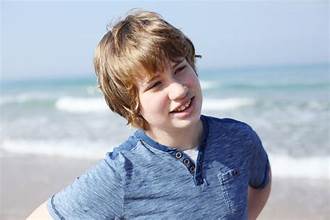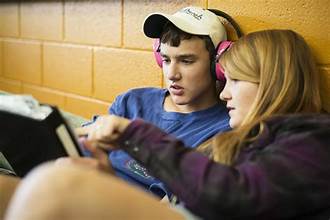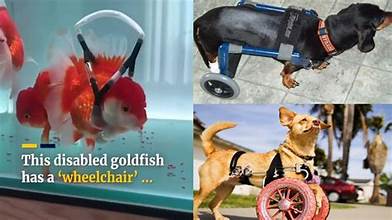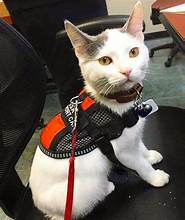The teenage years bring significant changes in social expectations, independence, and self-identity. For adolescents with Autism Spectrum Disorder (ASD), these years can highlight challenges in communication, relationships, and emotional regulation. However, they also reveal unique strengths and talents that, when recognized and supported, can flourish.
Some teens are diagnosed during this stage if earlier signs were subtle, masked, or attributed to other conditions.
Social Differences in Teenagers with Autism
Social life becomes more complex during adolescence, and autistic teens may:

- Struggle to form or maintain close friendships
- Prefer one-on-one interactions over group activities.
- Find small talk or casual socializing exhausting
- Have difficulty understanding social hierarchies and unspoken rules
- Miss subtle cues like tone of voice, body language, or facial expressions
Communication Signs
Autistic teens may be verbal, highly articulate, or prefer minimal verbal interaction, but often show distinct patterns:
- Conversations centered on personal interests rather than mutual topics
- Literal interpretation of language, missing implied meanings
- Challenges with back-and-forth conversation flow
- Monotone or unusual speech patterns
- Overly formal or advanced vocabulary for their age
Behavioral and Emotional Patterns
Certain behaviors may stand out more in structured or high-pressure environments:

- Rigid routines or resistance to change
- Intense focus on hobbies or special interests
- Meltdowns or shutdowns when overwhelmed
- Repetitive movements such as pacing, tapping, or rocking
- Black-and-white thinking patterns without much flexibility
Sensory Sensitivities
Teenagers with autism may have strong sensory preferences or aversions:
- Overwhelm in loud cafeterias, crowded hallways, or bright gymnasiums
- Aversion to certain clothing textures or tags
- Seeking comfort in sensory tools like noise-canceling headphones
- Sensory “seeking” behaviors like listening to repetitive sounds or stimming
Emotional and Mental Health Considerations
Because social and academic pressures intensify in the teen years, autistic adolescents may also experience:
- Increased anxiety or social anxiety disorder
- Symptoms of depression
- Low self-esteem due to feeling “different”
- Burnout from masking autistic traits to fit in
Strengths Common in Autistic Teens
Many teens on the spectrum excel in:
- Academic subjects tied to special interests
- Creative problem-solving and independent thinking
- Honesty and reliability
- Deep commitment to personal values and beliefs
When to Seek Professional Support
If you suspect autism in your teen or notice signs interfering with their daily life, consider:
- Consulting a pediatrician, family doctor, or developmental specialist
- Requesting a school evaluation for accommodations
- Seeking therapy for social skills, executive functioning, or emotional regulation
Final Thoughts
Autistic teenagers have unique perspectives and abilities that can flourish with the right support. Recognizing signs early helps families, educators, and peers provide understanding, accommodations, and encouragement for their growth.
💡 Next in the series: Autism in Adults: Often Overlooked Signs (coming soon)
💡 Return to the main guide: What Are the Signs and Symptoms of Autism?




